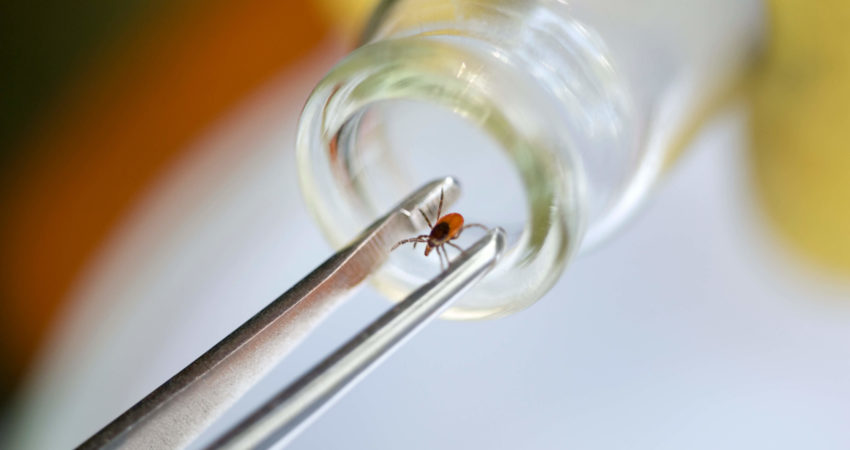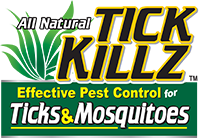Archives
Select Archives- March 2021
- July 2019
- June 2019
- May 2019
- March 2019
- February 2019
- January 2019
- November 2018
- October 2018
- September 2018
- July 2018
- June 2018
- May 2018
- April 2018
- March 2018
- February 2018
- January 2018
- December 2017
- November 2017
- October 2017
- September 2017
- August 2017
- July 2017
- June 2017
- April 2017
- March 2017
- February 2017
- January 2017
- December 2016
- November 2016
- October 2016
- September 2016

Major Tick & Mosquito Increase Predicted for 2017
Experts have predicted a bad tick, mosquito and overall buggy 2017 season for those living in the Northeastern portion of the country. This also includes the Mid-Atlantic states. Experts claim that the higher tick population for this season is a direct result of the warm winter we had and last year’s mice population.
Ticks need moisture and water to survive, which is why a wet spring and early summer could lead to the increase in ticks in the latter portion of the summer season and early fall. If areas experience a drought, the tick population should diminish to the point where they will not be a problem.
A big cause of the increased threat for ticks and Lyme disease in the Northeast this year is the mouse plague that overran upstate New York last year. Ticks typically do not develop Lyme disease on their own. They pick it up by biting animals that carry it, such as mice and deer. Experts say that mice can be found in the wild with anywhere from 50 to 60 ticks on their bodies at any given time. Experts believe that since the population of mice was so high last year, the incidence of Lyme disease will be high this year.
“Whether it’s a bad season or not, there’s still going to be a lot of human cases of tick-borne diseases,” epidemiologist Kiersten Kugeler at the Centers for Disease Control and Prevention. “What’s important for people to know is that the ticks are spreading to new areas — and tick-borne diseases are coming with them.”
A change in the population of various wild animal species has also led to the increase in Lyme disease over the years in the Northeastern United States and beyond. There are fewer foxes, owls and hawks to eat the mice that transmit Lyme disease to ticks. This then leads to mice having hundreds of thousands of babies, overrunning forests and giving ticks plenty to snack on when they are hungry.
“In the Northeast, most people catch Lyme around their homes,” Kugeler said. “People out gardening. People playing in their backyard. Mowing the lawn.”
People can prevent the contraction of Lyme disease in what has been predicted as a high season for ticks and mosquitoes by doing the following:
- Take a hot shower immediately after working outdoors
- Check your body for ticks (armpits, crotch, scalp, belly button, behind the knees, the waist area, in the ears and behind the ears)
- Wear long clothing when working outdoors to conceal your skin
- Apply insect repellent when outdoors
- Treat clothing with permethrin
- Change landscaping to deter ticks
- Prevent deer from entering your yard
- Dump all standing water
Ensuring your home is not invaded by pests this summer in New Jersey is important to leading a healthy life. Aside from sealing all cracks and crevices, you can visit the Tick Killz website for more information about how our product helps prevent these pests, as well as where to purchase it.
